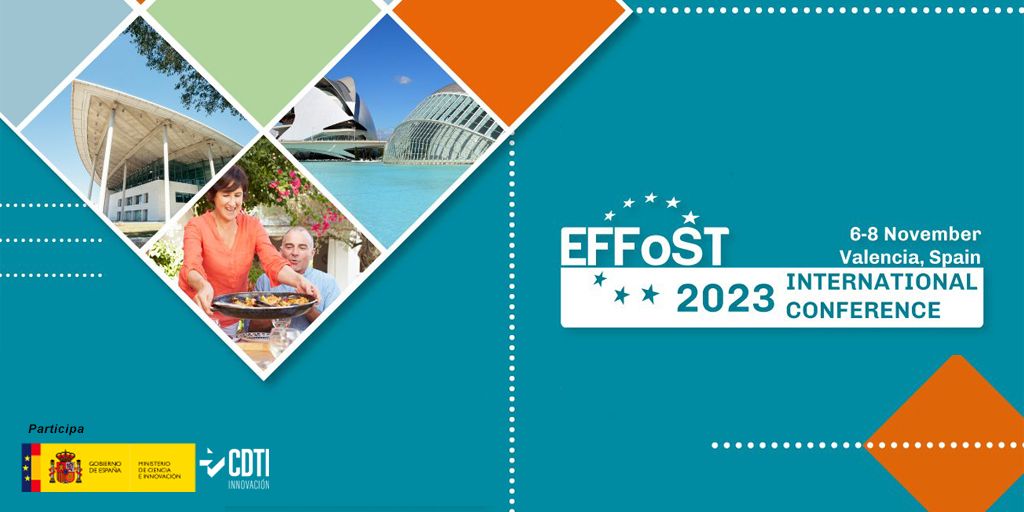Valencia, June 12, 2023 – During her participation in the Cicerón Program, M. Carmen Collado, renowned researcher at the Institute of Agrochemistry and Food Technology (IATA-CSIC), emphasized the crucial role of the human microbiota in relation to antibiotic resistance. Collado shared key insights from her research, highlighting how the microbiota influences various aspects of human health.
The Cicerón Program, an initiative of the Spanish National Research Council (CSIC), consists of a series of thematic sessions aimed at political leaders, businesspeople, journalists, and other societal agents. These sessions are designed to showcase the science developed in CSIC laboratories and its commitment to addressing contemporary social challenges. Topics discussed include bacterial resistance to antibiotics, healthy eating, and the generation of sustainable materials and energy.
Collado’s research focuses on the impact of antibiotics on the human microbiota, encompassing the mother/infant environment as well as different populations from various regions of the world, both in the Global North and South. The microbiota, composed of microorganisms such as fungi, yeasts, and bacteriophages, plays a crucial role in human health.
Collado explained that the microbiota significantly influences metabolism, physiology, and the immune system of the individual. She also highlighted the importance of maternal microbiota as the initial source of a newborn’s microbiota, transmitting not only genes but also bacteria, including antibiotic resistance genes.
“The use and misuse of antibiotics in our society is leading to an increase in the number of resistance genes we are detecting in the mother-infant environment,” warned Collado. “It is essential to adopt a comprehensive health approach that considers the use of antibiotics, microbiota, and human, animal, and environmental health. This approach is crucial, and we must work on it in the coming years,” she concluded.
The Cicerón Program continues to be an essential platform for scientific dissemination and raising awareness about the importance of research in solving critical social problems.


